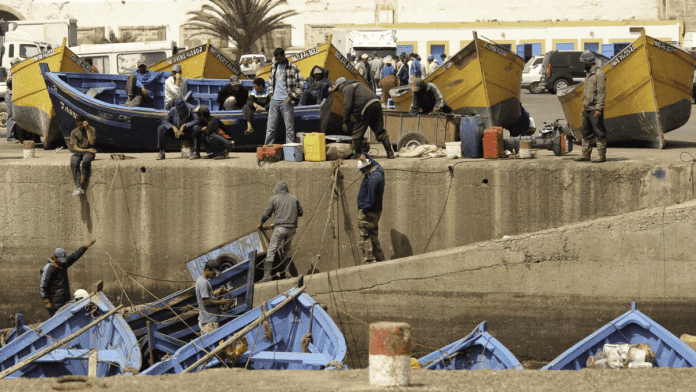News in Brief:
– African nations are reevaluating EU fishing agreements due to concerns over fairness and local impact, reflecting a shift in regional fisheries management.
– Issues of transparency, economic disparities, and the viability of domestic fishing fleets also highlight ongoing challenges in achieving sustainable and equitable marine resource management in Africa.
As the November’s expiration date looms for Senegal’s fishing agreement with the European Union (EU), the decision to review it weighs heavily on the nation’s new leadership. President Bassirou Diomaye Faye’s campaign promise to reconsider the deal reflects a broader shift in African fisheries dynamics, where EU dominance is waning.
Historically, the EU has secured fishing agreements with African nations, offering cash in exchange for access to rich marine resources. However, resistance from local fishers and declining stocks have led to a shift towards more focused agreements, primarily targeting tuna.
The impact of these agreements on local fishers is significant, especially with mixed deals that directly compete with small-scale fishing operations. While renegotiations offer opportunities for fairer arrangements, concerns linger over the social and environmental implications of alternative agreements.
Transparency in these agreements remains a pressing issue, with European companies benefiting from access to African waters. Despite substantial payments, critics argue that these agreements undervalue African resources, exacerbating disparities in the fishing industry.
In Senegal, calls for reevaluation stem from perceived biases in the current deal, which prioritizes industrial fishing over small-scale operations, further jeopardising food security. However, the path to change is complex, with African nations balancing economic interests and environmental sustainability.
Some advocate for domestic fishing fleets as a solution, yet challenges persist, including foreign capital inflows and regulatory loopholes. Another approach involves regional cooperation, akin to a fishing cartel, to collectively negotiate with foreign entities and safeguard local interests.



